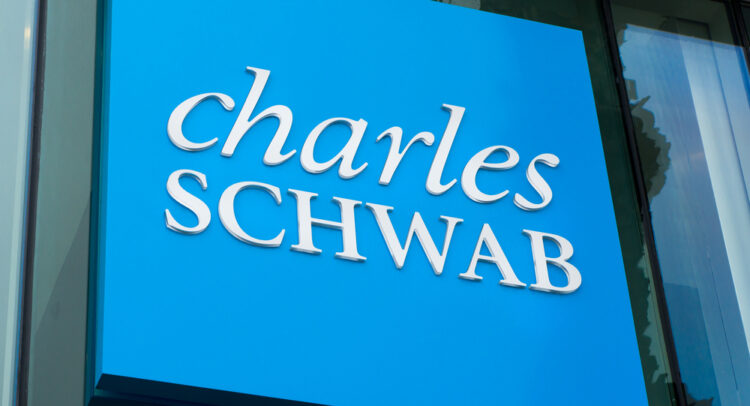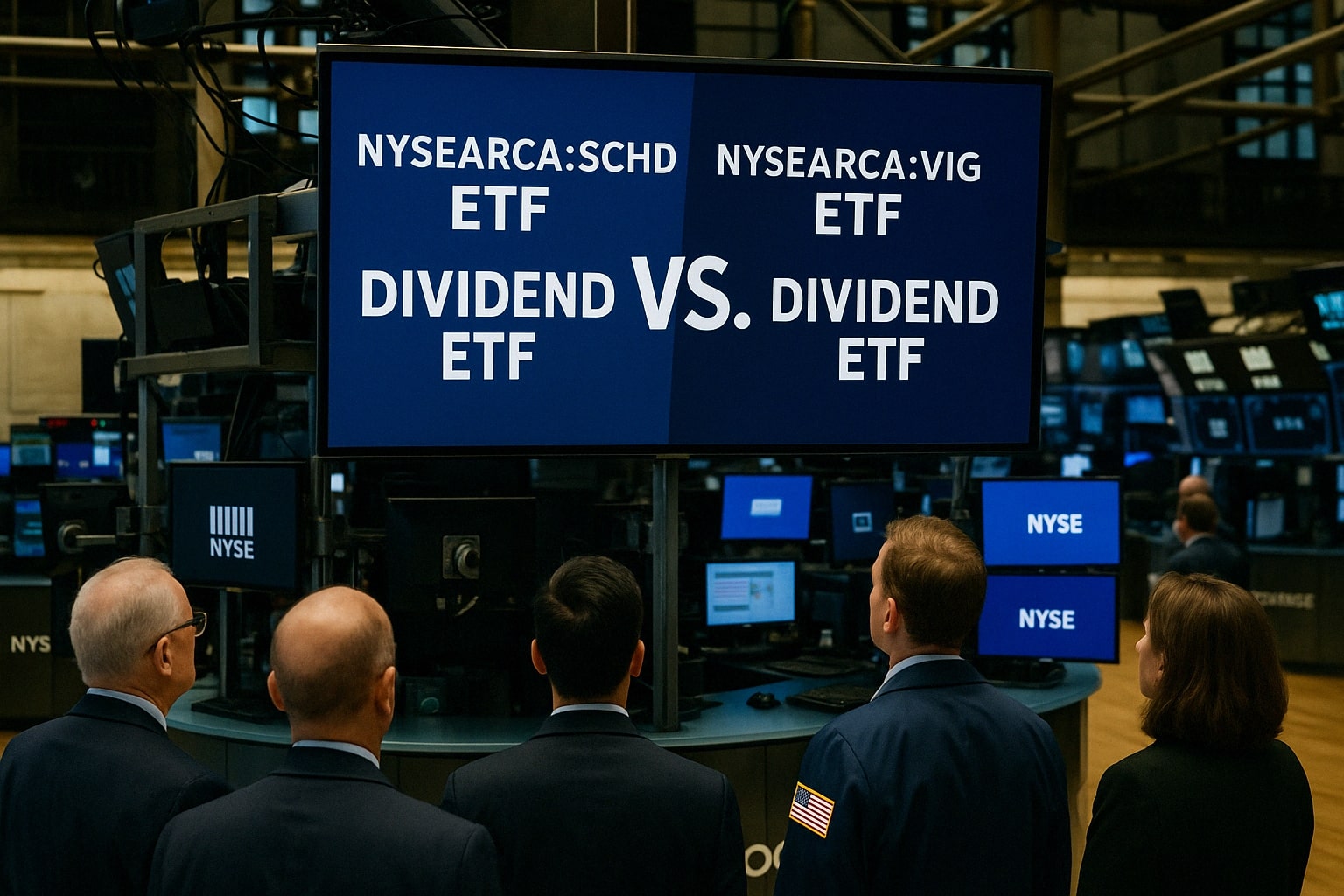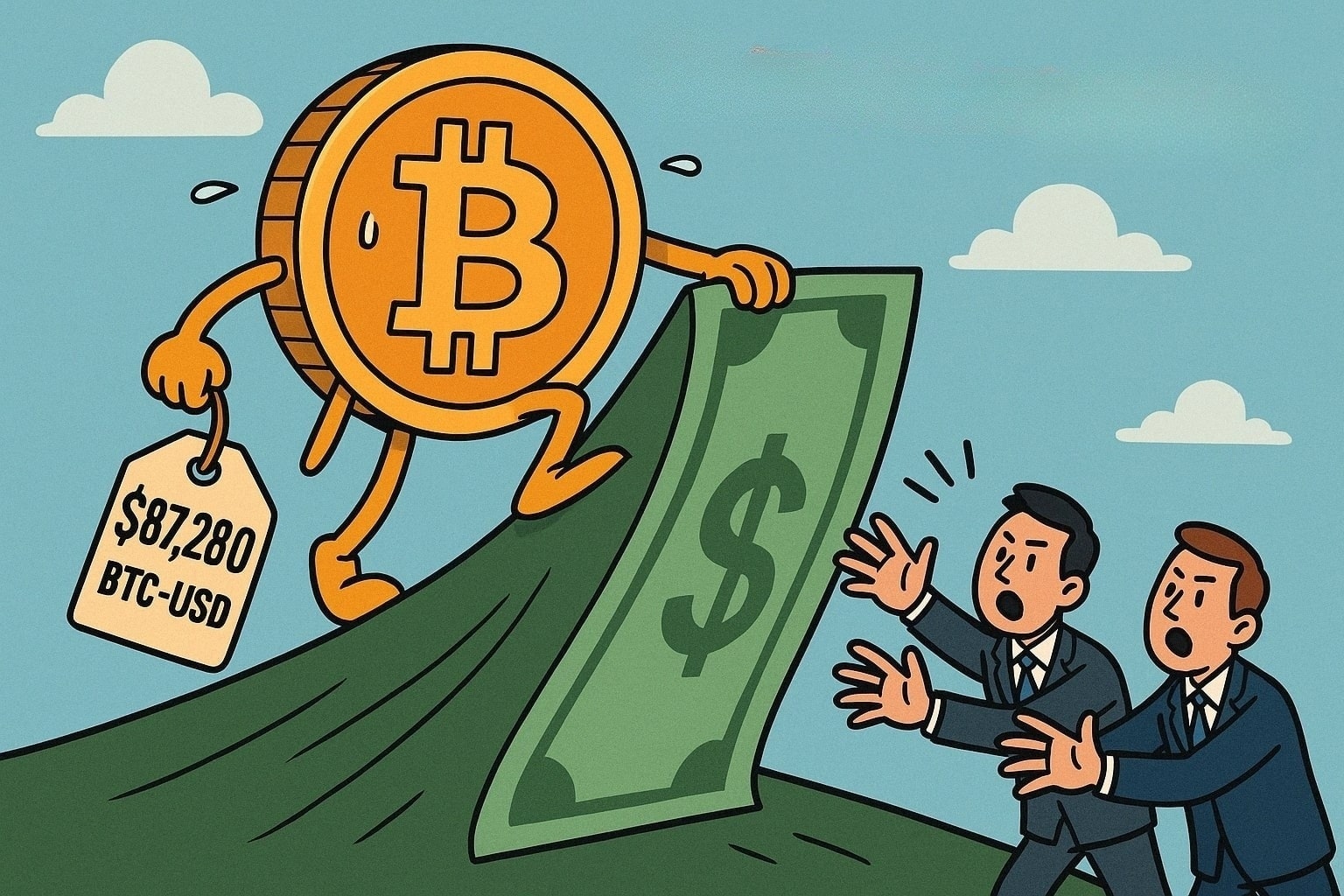
Charles Schwab Faces Major Challenges Amidst US Banking Turmoil
Schwab's $1.4 billion loss from a top investor, deposit concerns, and reduced profit estimates highlight the challenges facing the financial services giant amidst broader turmoil in the US banking sector.
Charles Schwab Corp, a major player in the US financial industry, made waves in 2019 when it eliminated trading commissions, forcing competitors to adapt. The move was a bet that the bank, rather than its discount brokerage, would drive profits. However, last month's US banking turmoil led Rajiv Jain's GQG Partners, a top investor in Charles Schwab, to sell its entire $1.4 billion stake in the brokerage. Jain's firm had been among Schwab's top 15 shareholders and was one of the only active managers with such a large position before exiting. According to Mark Barker, head of international at the investment firm, Jain's decision was not driven by an existential risk but rather the sentiment around banks. Barker added that Charles Schwab has been losing deposits revenue due to the inflows to money-market funds.
The collapse of three US banks last month, the worst crisis in the industry since 2008, has turned Charles Schwab's bet on its head. Unrealized losses on its balance sheet loaded with long-dated bonds ballooned to over $29 billion last year, while higher interest rates are encouraging customers to move their cash out of certain accounts that underpin Schwab's business and bolster its bottom line. Schwab now faces one of the most painful moments in its 50-year history, and investors will be looking for signs of its longer-term prognosis when it reports first-quarter results on April 17. Wall Street analysts have sharply reduced their profit estimates in recent weeks, and Schwab's shares have lost almost a third of their value since March 8.
Deposits are a key focus, and if they decline too far, Schwab could eventually be forced to sell securities at a loss. CEO Walt Bettinger and founder Charles Schwab issued two joint statements in recent weeks to reassure investors that there is a "near-zero" chance of that. The migration to higher-yielding investments is also predicted to ease, according to Bettinger and Schwab. Schwab generates most of its money from customer funds idling in low-yielding accounts, which it "sweeps" into its bank arm, and the firm needed somewhere to invest incoming cash as trading surged. Like Silicon Valley Bank, the largest of the three lenders that imploded last month, Schwab invested in debt that will take five years or more to mature. However, such securities, backed by the US government, are supposed to be among the safest available, a seemingly good fit for a company known for its conservative approach to money-management.
Although Charles Schwab is best known for pioneering cheap stock trading, it has grown into one of the largest US banks, and its model-portfolio investing is comparable to BlackRock Inc. and Vanguard Group. The move to zero-fee trading paved the way for its $26 billion purchase of TD Ameritrade, but it also knocked out an income stream that totaled $763 million, or 7.5% of revenue, in 2018. Schwab is one of many asset managers, including BlackRock Inc. and Vanguard Group, that employs model-portfolio investing. Falling fund management costs, improving technology, and a new era of retail investing have combined to see their popularity explode in recent years.
The Charles Schwab Corporation (SCHW) is set to release its first-quarter earnings report on April 17, amid fears of a severe decline in earnings. Astonishingly, 14 analysts have revised their earnings outlook downward since the company's previous release in January. It is expected that Schwab will deliver an earnings-per-share figure worth $0.82 in Q1, a significant decline from its previous $0.97. The firm generates most of its money from customer funds idling in low-yielding accounts, which it "swe
pt" into its bank arm, Schwab needed somewhere to invest incoming cash as trading surged. The firm invested in debt that will take five years or more to mature, which is backed by the US government, and is supposed to be among the safest available. However, rising interest rates in early 2022, due to the Federal Reserve's aggressive hikes, led to the investments being underwater. Although Schwab won't have to book a loss unless it's forced to sell the investments, the situation has put the firm under significant pressure.
The recent US banking turmoil has also affected the firm, leading to unrealized losses on Schwab's balance sheet ballooning to over $29 billion. The company's model-portfolio investing has been drawing significant attention, with many money managers using them to command trillions of dollars of assets. Schwab's low deposit rates have also led to criticism, with independent advisers moving customer money from Schwab sweep accounts into higher-yielding money-market funds.
Despite these challenges, Charles Schwab has maintained that the firm is healthy and prepared to withstand the broader turmoil. However, with analysts sharply reducing their profit estimates and the significant decline in earnings expected in Q1 2023, investors will be looking for signs of Schwab's longer-term prognosis in the upcoming first-quarter results report, which is set to be released on April 17th, 2023.
















